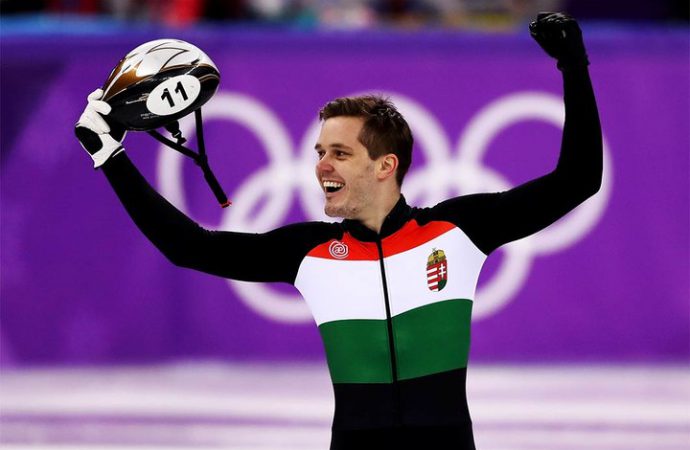The first in a series of sustainability guides delivers a 10-step process for National Olympic Committees, International Sports Federations, and other sport organisations to build sustainable practice into their operations
Ten guidelines designed to help sports organisations improve their sustainability operations has been published by the International Olympic Committee (IOC).
Sustainability Essentials is the first of several guides being developed by the body in a bid to help National Olympic Committees, International Sports Federations, and other sport organisations comply with the sustainability requirements within its comprehensive Agenda 2020 strategy, and the sustainability strategy it published last year.
The 10 key steps have been outlined as:
- Assess your starting point
- Define your vision and strategy
- Demonstrate leadership
- Establish effective governance
- Engage stakeholders
- Identify key issues and scope
- Set objectives and targets
- Assess progress
- Report
- Communicate
The guide details how sport can play a key role in sustainability in a wider context, explaining that athletes, spectators and the world at large increasingly expects sport to adhere to the highest level of environmental practice, as well as positively affecting societal issues, including health and wellbeing, social inclusion, gender equality, governance, accountability, transparency and human rights.
Following explanations of what it means to be a sustainable organisation, the guide goes on to offer practical advice on getting started (illustrating the opportunities and challenges), strategy and leadership, objectives and targets, and stepping up a level beyond just the essential.
It also offers actionable information on working sustainably when developing infrastructure and natural sites, sourcing materials and services, and hiring a workforce.
“True sustainability goes much further than individual projects,” states the guide. “It is about looking closely at what you do as an organisation, the way you interact with society at large, and ensuring you have appropriate governance structures, policies and processes in place that will secure your long-term future for the benefit of your organisation, society and the environment.”
The passage echos sentiments made by Michelle Lemaitre, the IOC’s head of sustainability, who earlier this year said she wanted sport to move away from “ad-hoc initiatives” and move towards integrated sustainability.
This set of guides, which she announced at the Sustainable Innovation in Sport conference 2018, was the way the IOC could “hold the hand” of organisations in sport to help them implement impactful sustainability initiatives throughout their operations.
Read the full Sustainability Essentials guide here.










Leave a Comment
Your email address will not be published. Required fields are marked with *